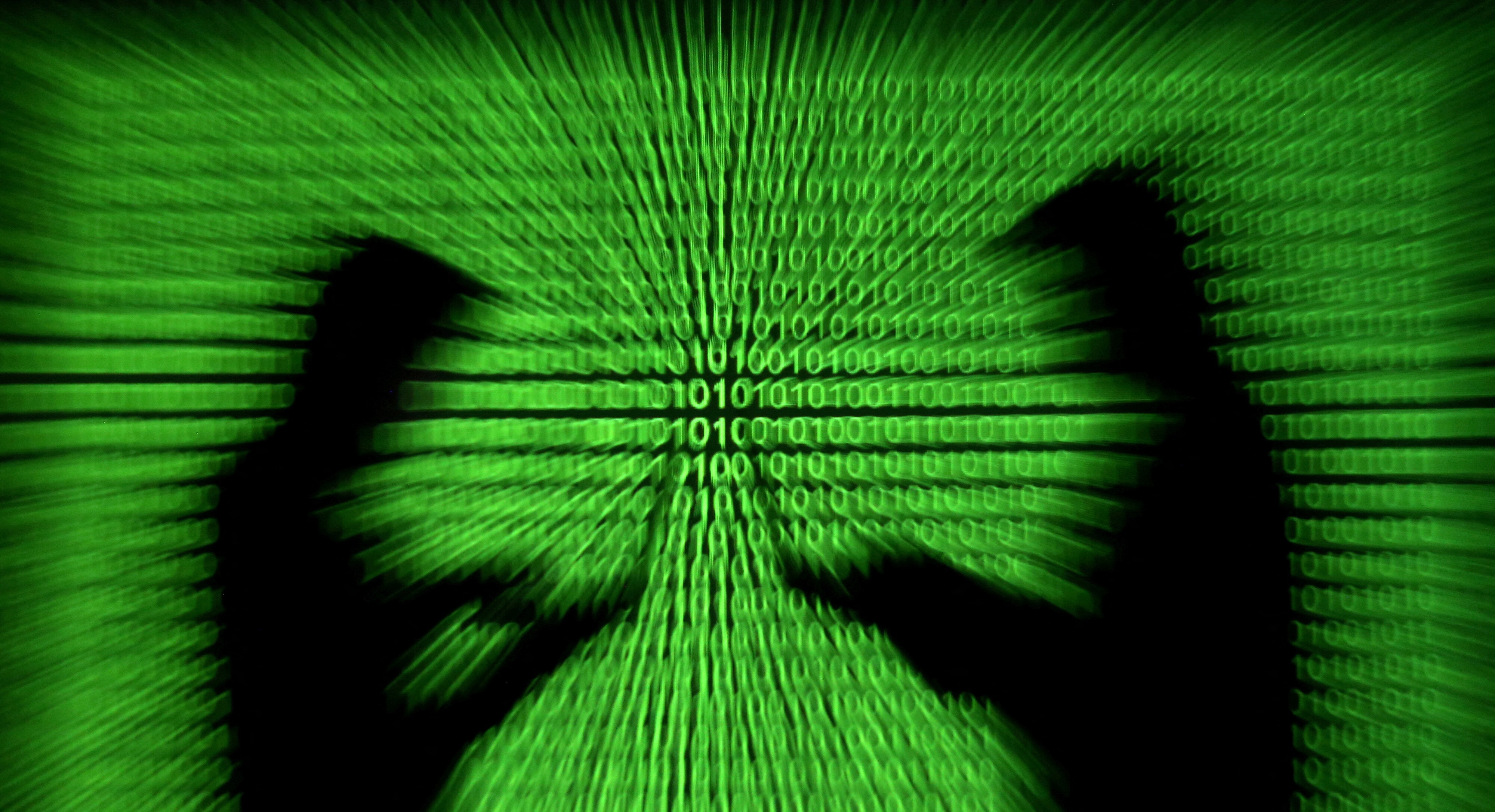Akshay Joshi is the Head of the World Economic Forum’s Centre for Cybersecurity that seeks to provide an independent and impartial platform to reinforce the importance of cybersecurity as a strategic priority and drive global public-private action to address systemic cybersecurity challenges. Akshay joined the Forum as a Global Leadership Fellow in 2015 and was responsible for strengthening engagement with organisations based in the South Asia before taking on operational leadership of the Centre for Cybersecurity upon its launch. Prior to joining the Forum, he had over a decade of experience in management roles in sectors including maritime transport and public relations.
Akshay holds an Executive Master in Global Leadership from the World Economic Forum, an MBA from the University of Manchester and a Bachelor from the University of Mumbai.















